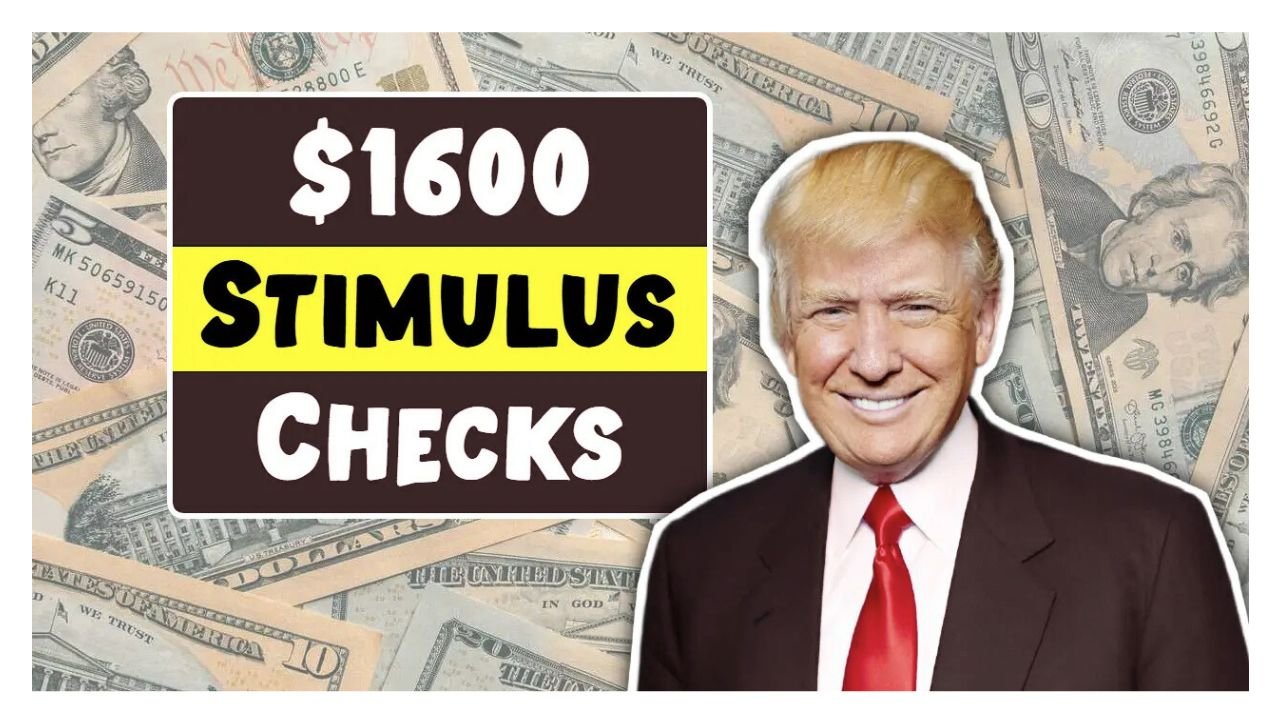As 2025 rolls on, many Americans are wondering if another stimulus check could be on the way. With rising costs for groceries, gas, and rent, the idea of extra cash from the government sounds like a lifeline. Social media is buzzing with rumors about new payments, like a $2,000 or even $5,000 check, but what’s really going on? Let’s break down the latest updates, separate fact from fiction, and see if you might be eligible for any financial relief this year.
Past Stimulus Checks: A Quick Look Back
The U.S. government sent out three rounds of stimulus checks during the COVID-19 pandemic to help people get by. The first, in March and April 2020, gave $1,200 per person, $2,400 for couples, and $500 per child under 17. The second, by January 2021, was $600 per person and per child. The third, from March to December 2021, offered $1,400 per adult and dependent, claimable through the 2021 Recovery Rebate Credit. The deadline to claim this third payment was April 15, 2025, and if you missed it, that money is now gone, as the IRS won’t accept late claims.
The $5,000 DOGE Dividend: Hype or Reality?
Earlier this year, former President Donald Trump floated the idea of a $5,000 “DOGE Dividend” stimulus check, tied to the Department of Government Efficiency (DOGE), led by Elon Musk. The plan was to cut federal spending by 20% and pass the savings to taxpayers. However, Musk left DOGE in May 2025, and the program’s savings fell far short—$150 billion instead of the promised $1 trillion. Without Congressional approval, this payment is unlikely to happen. Experts say the chances of a $5,000 check are slim, and any payment would likely go only to higher-income taxpayers who pay more in taxes than they get back.
Rumors of a Fourth Stimulus Check
Social media is full of talk about a fourth stimulus check, with amounts like $1,312, $1,600, $2,000, or $2,500 floating around. Some posts claim payments are coming in July 2025, but the IRS and Congress haven’t confirmed any new federal stimulus checks. These rumors often come from unverified websites or misleading posts, so be careful. The IRS warns against scams asking for personal info to “process” payments. Always check official sources like IRS.gov for real updates. For now, no new federal stimulus checks are planned for 2025.
State-Level Relief: Some Good News
While federal checks seem unlikely, some states are stepping up with their own relief programs. For example, Georgia is sending one-time tax rebates of $250 to $500 to eligible taxpayers, thanks to a strong state economy and House Bill 112. New York is mailing out STAR program tax credits to help homeowners with property taxes. In Alaska, residents can expect a $1,702 Permanent Fund Dividend (PFD) payment in May and October 2025, funded by the state’s oil revenue. Check your state’s revenue department website to see if you qualify for local aid.
|
State/Program |
Payment Amount |
Eligibility |
Key Dates |
|---|---|---|---|
|
Georgia Tax Rebate |
$250–$500 |
Filed 2024 taxes on time |
Started May 2025 |
|
New York STAR Credit |
Varies |
Homeowners with income ≤$107,300 (2025) |
Mailing began June 2025 |
|
Alaska PFD |
$1,702 |
Alaska residents |
May & October 2025 |
What You Can Do to Stay Prepared
- File Taxes Early: Even if you don’t owe taxes, filing a 2024 return can help you claim any future credits or state rebates.
- Update Your Info: Make sure your bank details and address are current with the IRS for faster direct deposits.
- Avoid Scams: Don’t share personal info with unverified sources claiming to offer stimulus payments.
- Check State Programs: Look into local relief like tax credits, housing benefits, or programs like California’s Abundant Birth Project, which gives up to $1,000 monthly to pregnant women.
The Bottom Line
The buzz about a 2025 stimulus check is mostly just that—buzz. No federal payments are confirmed, and the DOGE Dividend plan is stalled. However, state programs in places like Georgia, New York, and Alaska offer some relief. Keep an eye on IRS.gov and your state’s official websites for updates, and don’t fall for social media scams. If you’re hoping for extra cash, check your eligibility for local programs or tax credits to ease the financial strain.

